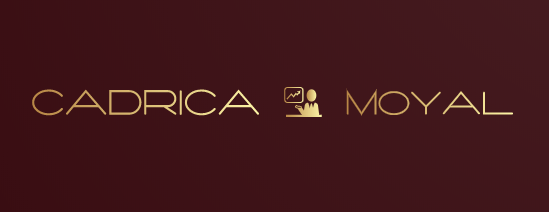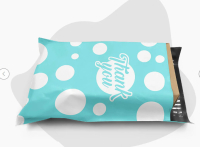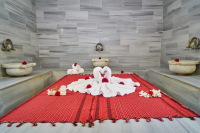Of course, it's not just for people with 'problematic' hair, it can be used by anyone, but with dry hair the difference in appearance and 'behaviour' will be most noticeable. Oils can also be applied to the ends of the hair during the day to protect them from external stresses such as excessive heat or simply as a styling aid.
Hair oiling is a beauty ritual that is becoming increasingly popular with women all over the world, where the chosen oil/oil blend is applied to the hair (and scalp) to beautify the hair. Oil treatment is the perfect solution for women with weak, damaged and brittle hair as it visibly improves the condition of the hair and serves to moisturise and nourish it. Of course, it's not just for people with 'problematic' hair, it can be used by anyone, but with dry hair the difference in appearance and 'behaviour' will be most noticeable. Oils can also be applied to the ends of the hair during the day to protect them from external stresses such as excessive heat or simply as a styling aid.
If you want to have beautiful and long hair, go for tape in hair extensions. Your static hair will thank you for it!
Oiling- the effective way to healthy and beautiful hair
The main benefits of oiling your hair include an overall improvement in the condition of your hair, which includes the following factors:
- Hair becomes stronger, thicker, more flexible
- Hair becomes less tangled and easier to comb (more "loose" to the touch)
- the hair is resistant to mechanical damage (e.g. modelling or straightening with a brush)
- hair is nourished and moisturized, that is, shiny and smooth to the touch (it ceases to be "dull")
- hair ends are smoothed out, they do not split and do not break
- The scalp is healthier, sebum secretion is normalised and hair bulbs are strengthened
How Do I Start Oiling My Hair?
The oiling ritual should be done 1-3 hours before washing, but the treatment should be applied 1-2 times a week so as not to over-oil your hair (hair can only absorb a certain amount of nutrients). It is important to feel what amount and frequency works for you, as it is individual and depends on your hair type and needs - it is known that damaged (highly porous) hair will need more than healthy (low porous) hair. After a few hours or so (depending on how much time you have), you wash out your oil. Try to rinse it out with water first, and then wash your hair with a mild shampoo. It's important not to use products containing silicones to cleanse your hair, as oiling won't work (silicones stick to your hair and don't allow the precious ingredients contained in oils to penetrate). When opting for truly natural hair care, it's worth consistently avoiding shampoos that contain strong detergents (not just for oiling!). Choose rather mild shampoos, because then you can be sure that the substances penetrating your hair will not cause the substances contained in oils to be washed out. Also remember to use a nourishing and moisturising hair mask after each oil treatment.
There are many factors to consider when choosing the right oil for your hair (such as porosity, saturated and unsaturated fatty acid content and general properties). Sometimes it takes a lot of trial and error to find your 'favourite', but there are a few oils that you can reach for blindly. Oils are a natural conditioner for hair, and with the right choice they can work wonders. Just remember to always reach for unrefined, cold-pressed products stored in a dark glass, because only then you can be sure that you are using the highest quality cosmetics. For hair oiling we can also use freely composed mixtures or use ready-made ones to strengthen their effect
The best known and recommended oils in the world include:
Coconut oil - the most popular oil used for hair oiling, it is great for nourishing dry hair and regenerating the ends. Coconut oil penetrates deep into the hair, actively inhibits the loss of building blocks; strengthens the structure of the hair, preventing breakage, as well as perfectly moisturises
Argan oil - thanks to the high content of vitamin E protects hair against damaging effects of free radicals and UV radiation. It inhibits the ageing processes, adds gloss, elasticity and smooths the hair surface. Argan oil deeply moisturises and nourishes damaged hair.
- Castor oil - prevents hair loss and split ends, helps fight dandruf
- Sweet almond oil - ideal for dull and dry hair.
- Jojoba oil - moisturises and softens weak, damaged hair, soothes dandruff. Jojoba oil has excellent softening properties, adds shine and moisturises hair.
- Olive oil - has strong moisturising properties and is ideal for dry hair.
- Macadamia oil - is a rich source of palmitoleic acid, which works in harmony with the skin's natural lipids. It perfectly nourishes the scalp, conditioning healthy hair growth.











